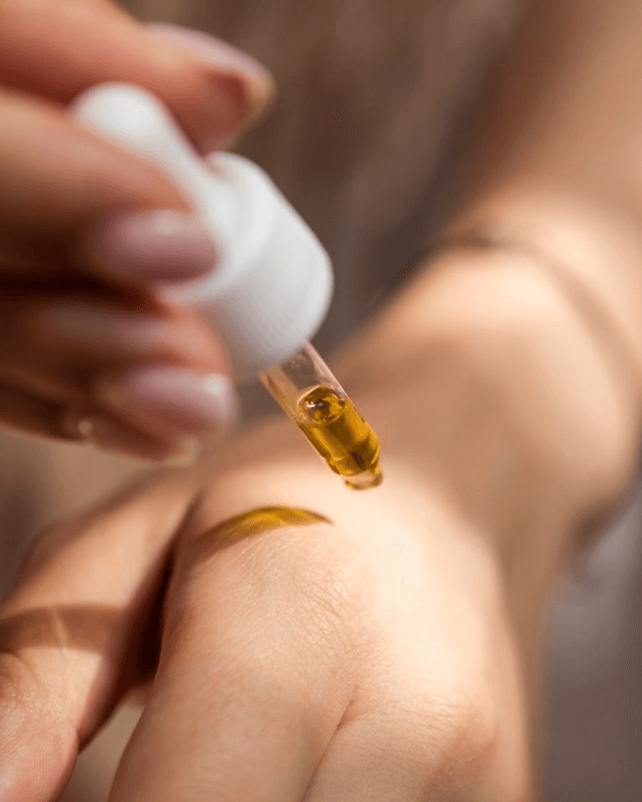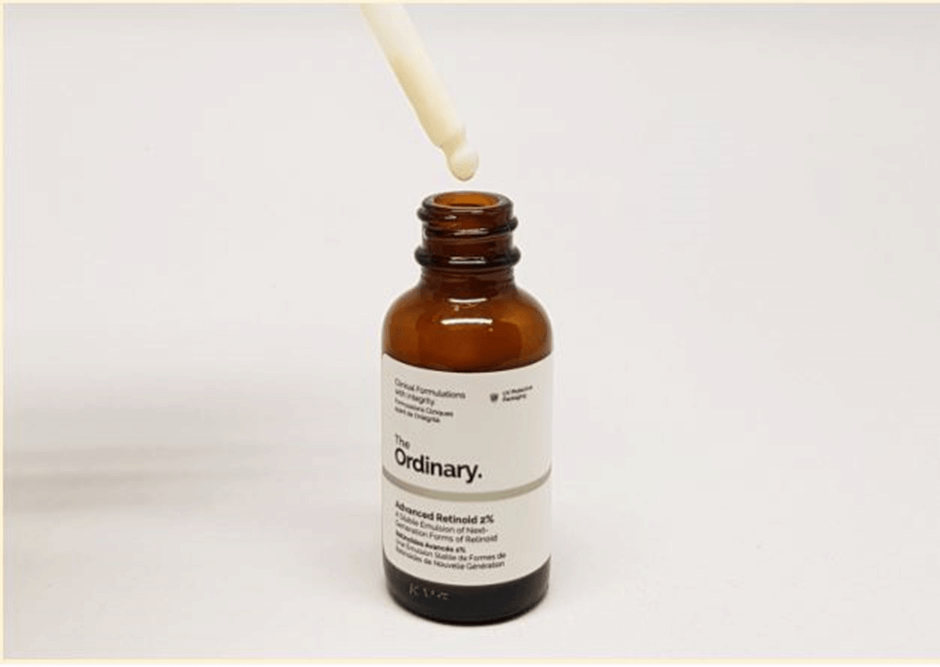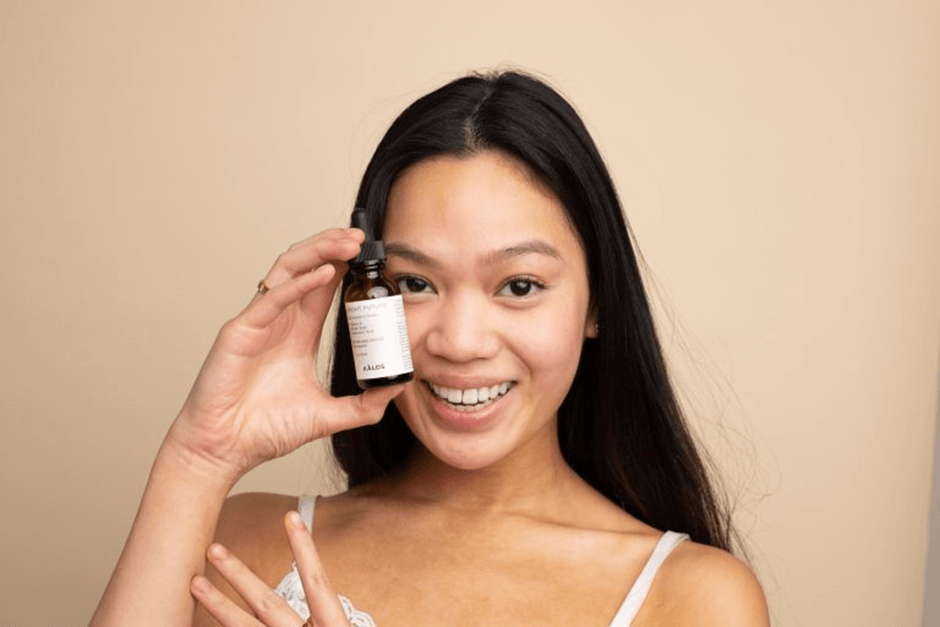
Retinol and Vitamin C: The Dynamic Duo for Glowing Skin
Retinol and Vitamin C serums have become incredibly popular and effective in the beauty industry in recent years, and for good reason too! These ingredients work wonders in brightening, smoothing, and firming your skin by rejuvenating its cells.
That being said, incorporating active ingredients into your skincare routine can be a rewarding experience, but it can also be overwhelming as these ingredients pack quite a punch.

What is Retinol?
Retinol is a derivative of vitamin A. It’s popular for its ability to boost cell turnover by stimulating collagen production. It reduces the appearance of fine lines and wrinkles, and helps improve skin texture. Retinol also unclogs pores and reduces inflammation, which makes it effective in treating acne too!
However, retinol can be a bit of a diva, especially if your skin isn’t used to it yet. While it has the power to transform your complexion, it can also cause dryness, redness, and flakiness, especially when overused or used incorrectly. It is also not recommended for pregnant or breastfeeding women.
Retinol is more of a nighttime thing
Retinol is a powerful ingredient that can increase your skin’s sensitivity to the sun. This can lead to a higher risk of sun damage and pigmentation. As a result, it’s crucial to take certain precautions when using retinol to protect your skin.
Using retinol at night can be a great way to maximize its benefits for your skin. Not only does it reduce the risk of sun damage, but it also allows your skin to fully absorb the ingredient without any interference from other products or environmental factors.
However, it’s important to remember that simply using retinol at night is not enough to protect your skin from sun damage. Even if you’re not planning on spending a lot of time outdoors, harmful UV rays can still find their way to your skin and cause damage, especially when using retinol.
That’s where SPF comes in. Wearing SPF during the day (and night, after slapping on your retinol) can help shield your skin from these harmful rays and prevent any potential damage. It’s like adding an extra layer of protection to your skin, ensuring that it stays healthy and radiant.
Moisturize, Moisturize, Moisturize
One common side effect of using retinol is dryness and flakiness, which can be uncomfortable and annoying.
To combat this, it’s important to always use a good moisturizer after applying retinol serum. Look for a moisturizer that is non-comedogenic and specifically formulated for use with active ingredients like retinol. This will help soothe and hydrate your skin, while also minimizing the risk of clogged pores or other unwanted skin issues.
Avoid Eye Area
The skin around our eyes are thin and delicate, and retinol is way too harsh to be anywhere near that area.
However, there are eye serums that contain a small concentration of retinol that can help improve the appearance of under-eye wrinkles and dark circles.
When considering an eye serum with retinol, it’s crucial to choose products that are specially formulated for the delicate skin around the eyes. These products will typically contain a lower concentration of retinol than traditional facial serums or creams, and will also be formulated with other nourishing ingredients to help soothe and hydrate the skin (like niacinamide!)
Vitamin C Serums

What is Vitamin C?
Vitamin C is a powerful antioxidant that helps protect your skin from free radicals and environmental damage. It brightens your skin tone, reduces hyperpigmentation, and improves skin texture.
Vitamin C, in contrast to retinol, is much gentler on the skin and does not typically cause dryness or flakiness. However, it may not be as effective as retinol in treating acne or clogging pores due to its tendency to oxidize quickly.
Choose the Right Form
Vitamin C comes in different forms, such as L-ascorbic acid, tetrahexyldecyl ascorbate, and ascorbyl palmitate. L-ascorbic acid is the most effective and widely used form, but it can be unstable. Tetrahexyldecyl ascorbate and ascorbyl palmitate are more stable but less potent.
Store it Properly
This active ingredient is quite sensitive to light and heat. It’s best to store it in a cool, dark spot – like a cabinet or drawer – and away from direct sunlight or heat sources like radiators or hairdryers.
When Vitamin C is exposed to light or heat, it can oxidize, which can cause the serum to turn yellow or brown in color. Unfortunately, this oxidation also means that the serum’s effectiveness is reduced, and it may no longer be as beneficial for your skin as it once was.
Apply it Correctly
Apply a small amount of vitamin C serum to your clean, dry face and massage it in gently. Wait a few minutes for it to fully absorb before applying your moisturizer.
Use it in the Morning
Vitamin C serums are best used in the morning as they help protect your skin from the damaging effects of UV rays and pollution.
There you have it! Retinol and vitamin C serums are two of the best ingredients for achieving a glowing, youthful complexion. Just remember to start slow, use them correctly, and always wear SPF during the day.
Seeking advice from a skincare professional is always an option if you’re unsure about which active ingredient to use in your routine.


Post a comment